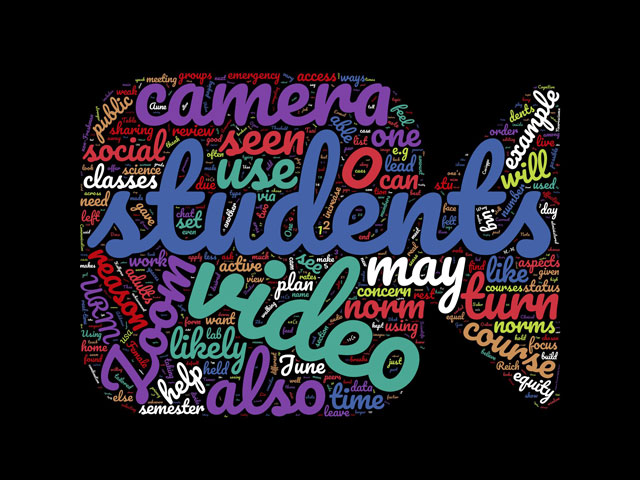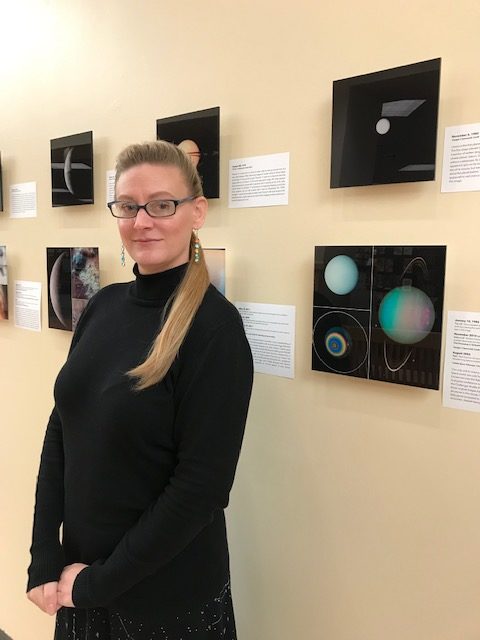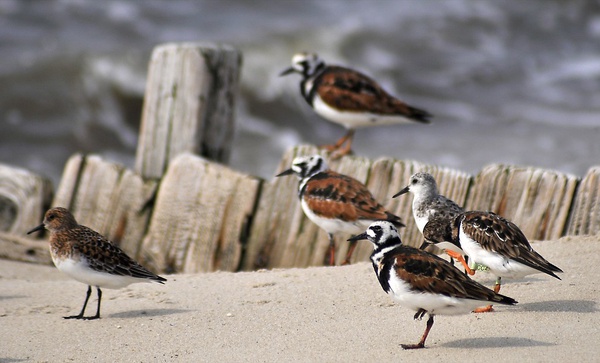Podcast: Play in new window | Download
Subscribe: Apple Podcasts | Spotify | Email | RSS | More
Kitty Gifford interviews Dr. Frank Castelli, Educational research postdoc with the Investigative Biology Teaching Laboratories at Cornell.

One of the greatest challenges in online learning is that students do not turn their cameras on and teachers speak into the void. Frank Castelli and his co-author, Mark Sarvary, studied this phenomenon and published a study in the Journal Ecology and Evolution titled “Why Students Do Not Turn on Their Video Cameras During Online Classes and an Equitable and Inclusive Plan to Encourage Them to Do So,”
The results of the study are discussed along with a plan any instructor can use to encourage camera use:
1. Do NOT require video cameras to be turned on and do offer alternatives.
2. Explicitly encourage camera use, explain why you are doing so, and establish the norm
3. Address potential distractions and give breaks to help maintain attention.
4. Use active learning techniques to keep students engaged and promote equity.
5. Survey your students to understand their challenges.
You can also read about the study in the Cornell Chronicle:
Appearance, social norms keep students off Zoom cameras
Janani Hariharan interviews Dr. Corrie Moreau, Martha N. and John C. Moser Professor of Arthropod Biosystematics and Biodiversity at Cornell University.

Dr. Moreau created a seminar class called Diversity, Equity and Inclusion in STEM in Fall 2020. This interview touches on her motivation to create such a class especially in the wake of the George Floyd protests of 2020, the structure of the class and her favorite moments of the class. She also shared some recommendations for other educators who might want to design similar classes at their own institutions.

And, to close out the show, Esther Racoosin speaks with Zoe Learner Ponterio, Manager at the Spacecraft Planetary Image Facility, also known as SPIF, located at Cornell. SPIF is hosting a watch party on Thursday, February 18 at 2:30 pm to view the landing of the Mars 2020 mission. To find out more about SPIF, visit http://www.cornellspif.com


